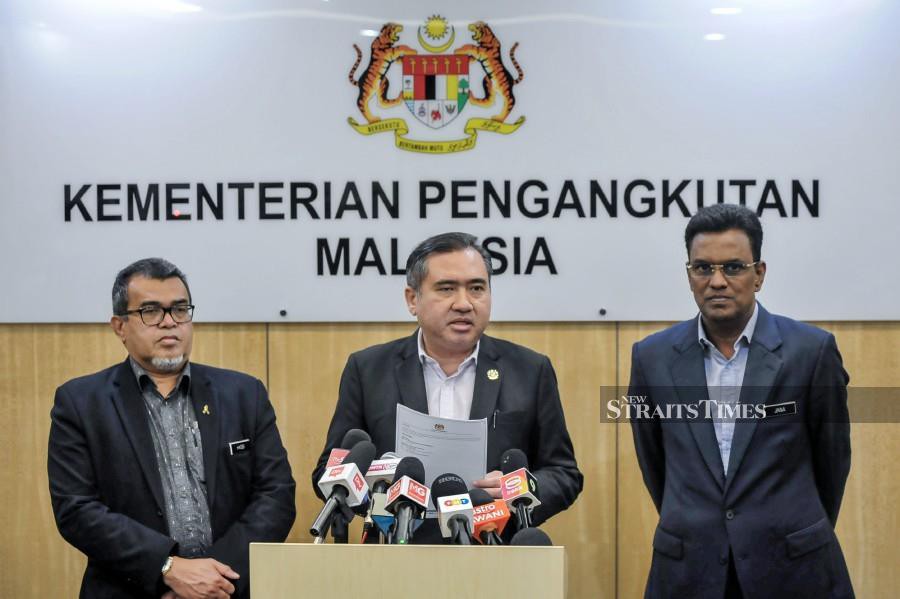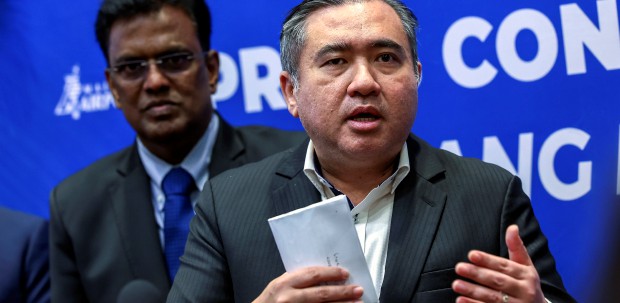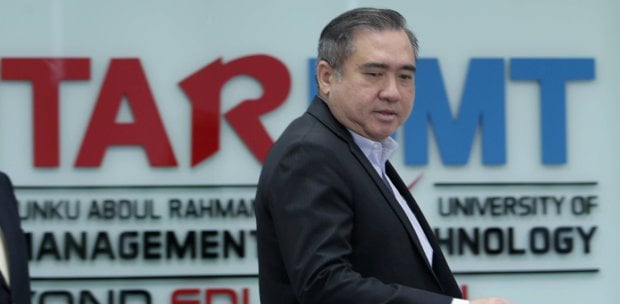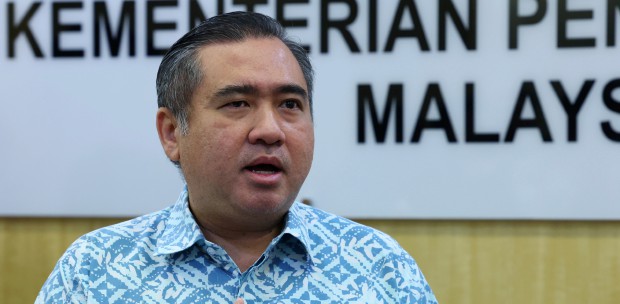PUTRAJAYA: The current concession agreement with Puspakom Sdn Bhd (Puspakom) will be renewed starting Sept 1, 2024.
Transport Minister Anthony Loke Siew Fook said the agreement, which was previously extended for 15 years in 2009, will contain changes to provisions of the current agreement.
He said Puspakom has been asked to make changes to procedures and scope of periodic inspections to improve service standards.
These changes include expanding automation elements and the usage of computerised equipment.
He said the inspection procedure will be updated to reflect recent technological advancements, including advanced communication tools, sensors, and bag cameras that will enable users, the ministry and Road Transport Department (RTD) to see inspections in real-time online.
"Puspakom must raise the bar for employee competence by offering a system for human resource development training that is more efficient and pertinent to current needs.
"It must improve the booking process and customer complaints system, while setting up closed-circuit television cameras systems at all checkpoints for real-time control and monitoring.
"It is necessary to expand the scope of vehicle inspections, including interior, underbody, and motorbike inspections to raise the standard of technical safety and roadworthiness of vehicles, particularly those used for public transportation," Loke told a press conference at his ministry today,
Loke said Puspakom must also take into account the equipment replacement process, development of new checkpoints including 'flagship centres'; modifications to its Key Performance Indicators (KPI) for component audits; aspects of governance; level of service delivery; audit quality; and penalties that will be imposed.





